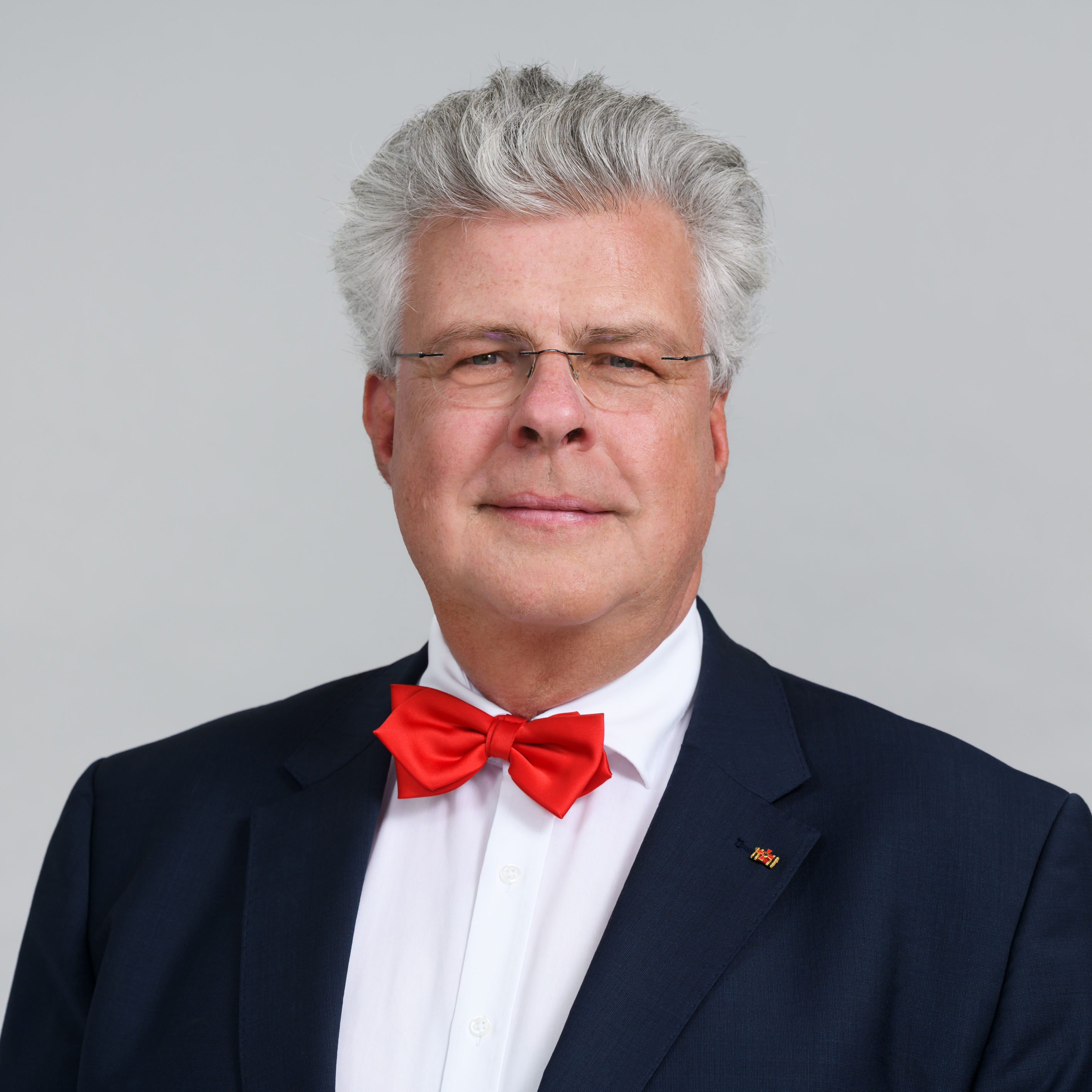“A good example of a participatory culture in action”
We spoke with Prof. Christian Höppner, President of the German Cultural Council (DKR), about how democratic participation in the cultural sector can be achieved and what issues are currently occupying cultural policy.
GVL: After 2017 and 2021, you were the election officer for the GVL delegate elections for the third time. Has this special task become business as usual, or is it always exciting?

Prof. Christian Höppner: For me, it is always exciting. On the one hand, the delegate elections take place in constantly changing socio-political and thus also cultural-political contexts, and on the other hand, I have experienced the elections to the Assembly of Entitled Persons in three different formats. I am particularly impressed not only by the professionalism, great care, high level of transparency and technical competence with which these elections are prepared by the GVL, but also by the empathy and cohesion of the team, which I experience in the preparation and implementation of these elections.
What role does the democratic participation of creative artists and their partners play in cultural policy institutions? Where can we further strengthen this exchange?
The participation of cultural workers in democratic opinion-forming processes at all federal levels, such as organised civil society, parliaments, governments, institutions, interest groups and the creative industries, is essential for a vibrant cultural life, because local experience is an indispensable part of future-oriented decisions. The GVL, with its information policy and culture of participation, is a good example of this.
What are the key issues that the German Cultural Council is currently focusing on?
A week ago, Minister of State for Culture Wolfram Weimer visited us at our DKR office. In addition to an intensive and exciting exchange on current cultural policy issues, he also brought us the good news that funding for the mentoring programme for female leaders in the cultural sector will be extended. The coexistence of a democratically legitimised civil society and the state will occupy us in view of the renewed intensification of discussions about the understanding of roles.
The protection and promotion of creative work, including the implementation of the AI Act, are just as much a part of the agenda as labour and social policy issues, including the stabilisation of the KSK, the inclusion of self-employed persons in the pension insurance scheme and the search for a legally secure solution to the problems arising from the Herrenberg ruling, the broad field of cultural education with its deficits in cultural participation and mediation, to name but a few key points. The agenda of the specialist committees of the DKR reflects the range of current issues well.
You yourself are a beneficiary of the GVL. What significance does a strong and effective collecting society have for you personally?
Since my youth, whether as a solo cellist and chairman of the orchestra board of the RIAS Youth Orchestra or as state chairman of Jeunesses Musicales Berlin, I have repeatedly experienced that good arguments, perseverance and a broad perspective on social change can lead to success. For me, the self-image of socio-politically influenced thinking and acting in the sense of shared responsibility for our common good is beautifully combined with my artistic and educational activities. The opportunities and risks in the age of so-called AI and the increasing fractures in rule-based coexistence once again demonstrate the urgent need for a strong and effective collecting society.
